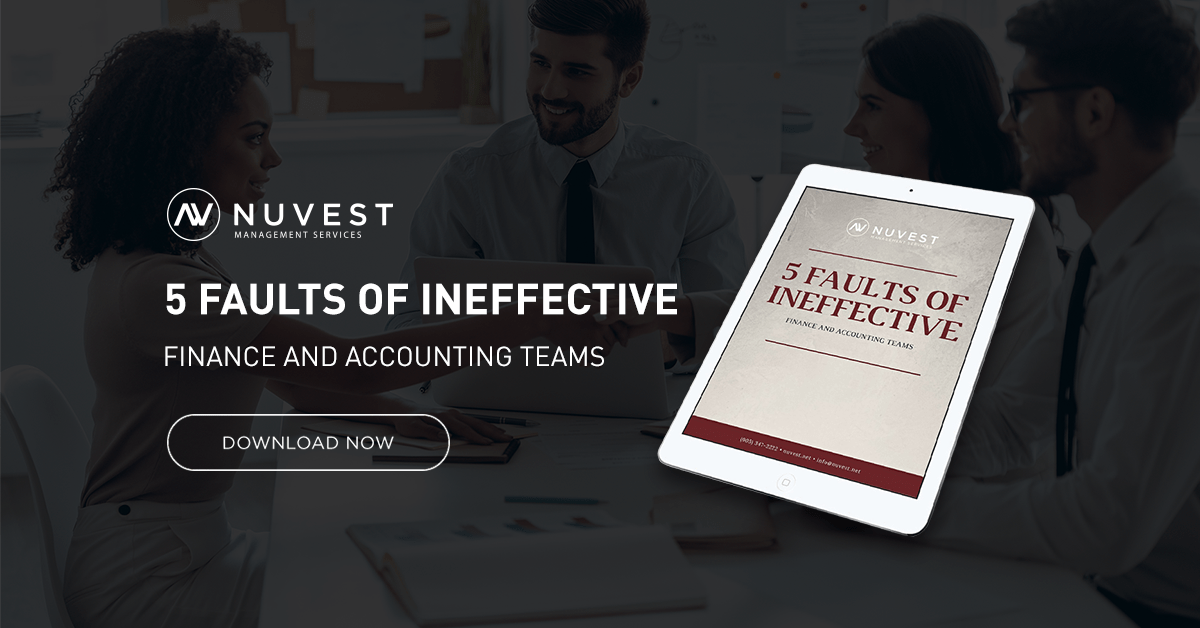Outsourcing accounting: it’s a term that has gained more and more traction in recent years with corporations that are looking to free up their manpower and resources to focus on other matters. There has been endless debate about the pros and cons of choosing to invest in such a venture, with each side presenting strong cases for and against it.
Truthfully, there is no one answer that may fit this question. This is because each corporation is inherently different, and their accounting needs will range widely depending on their industry, lifespan, and growth paradigm. It may be the case that a corporation would invest in outsourcing only to pull out later, or try it out for a while and fully incorporate it into their internal processes moving forward.
But here are certain guidelines that may be helpful if you’re thinking of acquiring accounting consultancy services as a corporation – depending on those very same differences mentioned above.
The case for in-house accountancy
In-house accounting is often pursued by well-established corporations that have already invested in an accounting department of their own, and therefore find no need to expand or offload their accounting elsewhere. Alternatively, in-house accounting is a good option for corporations that have a surplus of manpower and access to skilled instructors, therefore shouldering the initial cost of training and upkeep in exchange for lower maintenance costs.
But perhaps the biggest case that can be made for a corporation investing in in-house accounting is information security. Most commonly seen in organizations that have a heavy emphasis on competitiveness or handling finance under heavy non-disclosure agreements, in-house accountancy is an option chosen due to the lesser likelihood of potentially sensitive and harmful information to fall into non-authorized hands.
Go with outsourcing
Conversely, accounting consultancy services are often used by new or growing corporations in order to free up resources, expand their currently existing processes, or to acquire expertise and training. Some accounting firms in Mississauga specialise in helping corporations attain self-sufficient accounting through consultation or training, or go even further and help manage a corporation’s books themselves.
Aside from the immediate net benefit of not using your own resources and manpower to do your accounting, you can also take this a step further and cross reference your own figures to the ones that the accounting outsourcing firm gives you in order to ensure accuracy on both sides, as well as getting real-time training and experience.
Do what’s best for your corporation
Ultimately those in charge of the corporation itself would need to make these decisions for their company. It’s important to learn the merits of outsourcing accounting before making any decisions whether or not to engage or discount it completely – but do remember that most accounting consultancy firms are more than welcome to open engagement about their packages and policies for you.
With each aspect having its own merits and cons, this brief overview should have offered you a quick glimpse into how the accounting outsourcing processes work, in addition to getting an idea of how they would fit into your corporation’s work paradigms.
Get an insider’s look into how corporate accounting works – download our whitepaper on Ineffective Finance and Accounting Teams today. It’ll help you identify potential issues with your finance operations, as well giving you ideas on how to handle you accounting team.






